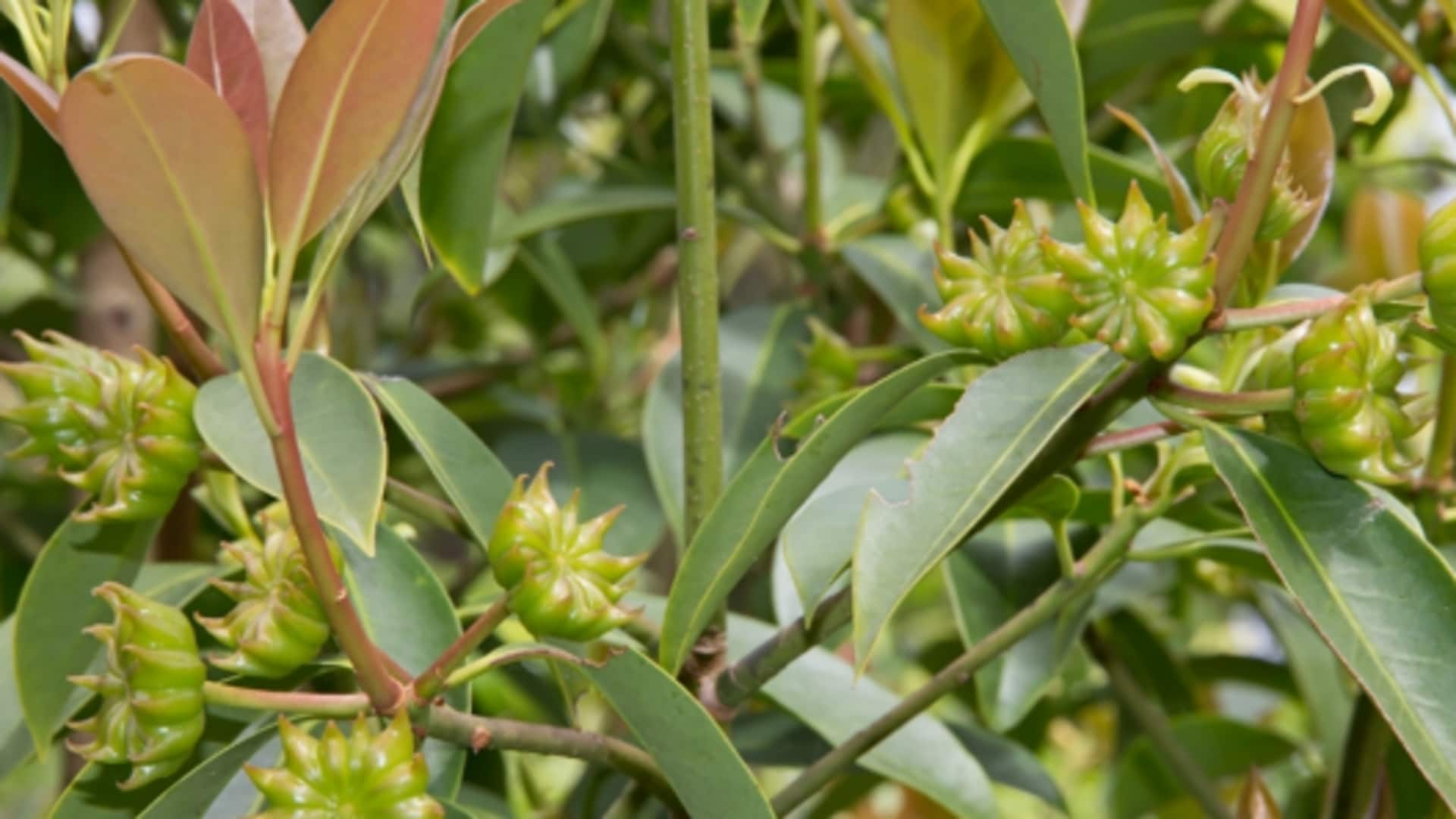
How to grow star anise at home
What's the story
Whether you are a culinary expert or a plant lover, growing star anise indoors could be a rewarding experience for you. The aromatic spice, which is characterized by its unique star-shaped pods, not just makes for a staple in several cuisines but also adds a touch of decor to your home. With proper conditions and care, you can easily grow star anise at home.
Container selection
Choosing the right container
Selecting the right container is key to growing star anise indoors. Choose a pot that is a minimum of 12 inches in diameter and has good drainage holes to avoid waterlogging. The material of the pot should allow for the roots to receive proper air circulation. A clay or terracotta pot is usually recommended, as it maintains moisture balance and provides stability.
Soil needs
Soil requirements and preparation
Star anise flourishes in well-draining soil with a slightly acidic pH level of six to seven. A mix of peat moss, perlite, and organic compost would make a great growing medium. This mix provides adequate drainage while retaining the necessary nutrients. Before planting, ensure that the soil is pest-free by sterilizing it by baking or using commercial sterilized soil.
Light exposure
Optimal light conditions
Providing enough light is crucial for the healthy growth of star anise indoors. Position your plant close to a south-facing window where it can get six to eight hours of indirect sunlight each day. If natural light is lacking, you can also use grow lights to make up for lighting requirements on shorter days or cloudy weather.
Watering tips
Watering and humidity control
Keeping moisture levels in check is essential when growing star anise indoors. Water the plant when the top inch of soil feels dry but do not overwater, as this may cause root rot. Keep humidity levels between 50% and 60% by misting regularly or placing a humidifier nearby if necessary.
Plant care
Pruning and maintenance practices
Regular pruning encourages bushier growth of star anise plants while also preventing overcrowding within containers over time. Trim back any dead leaves, stems, or branches with clean scissors once in a few months. Also, keep a close eye out for signs of pests like aphids which may need to be treated with insecticidal soap solutions.